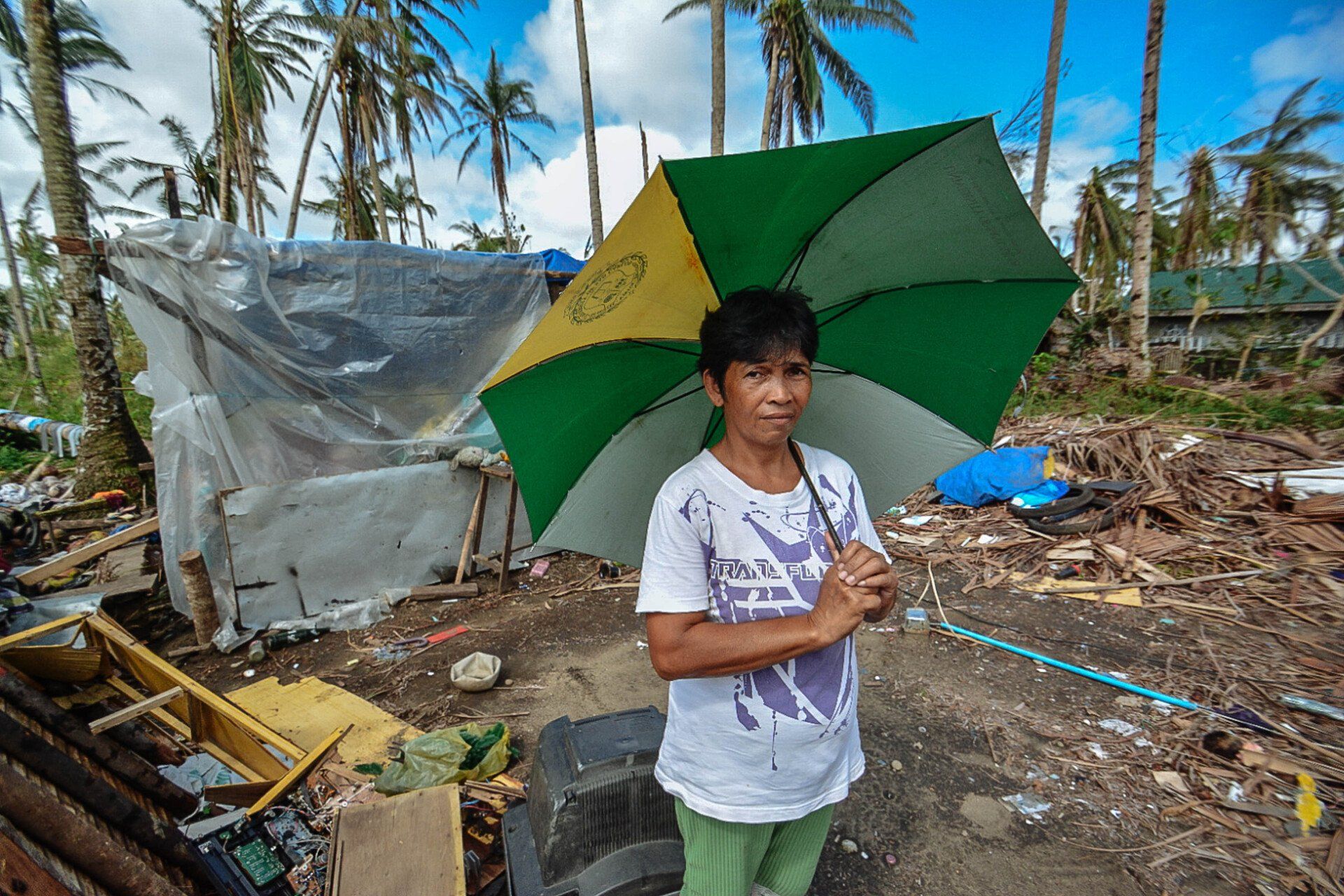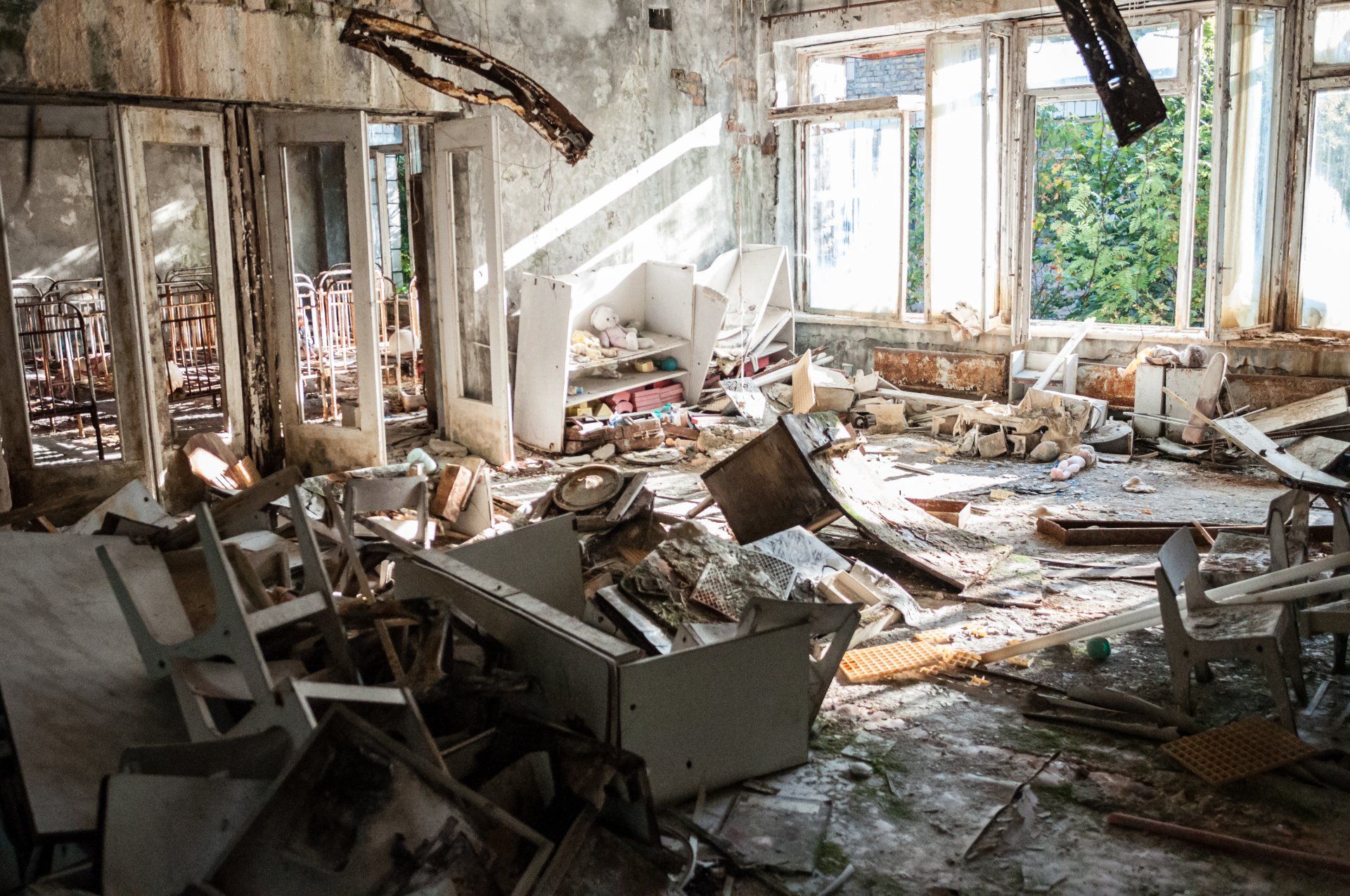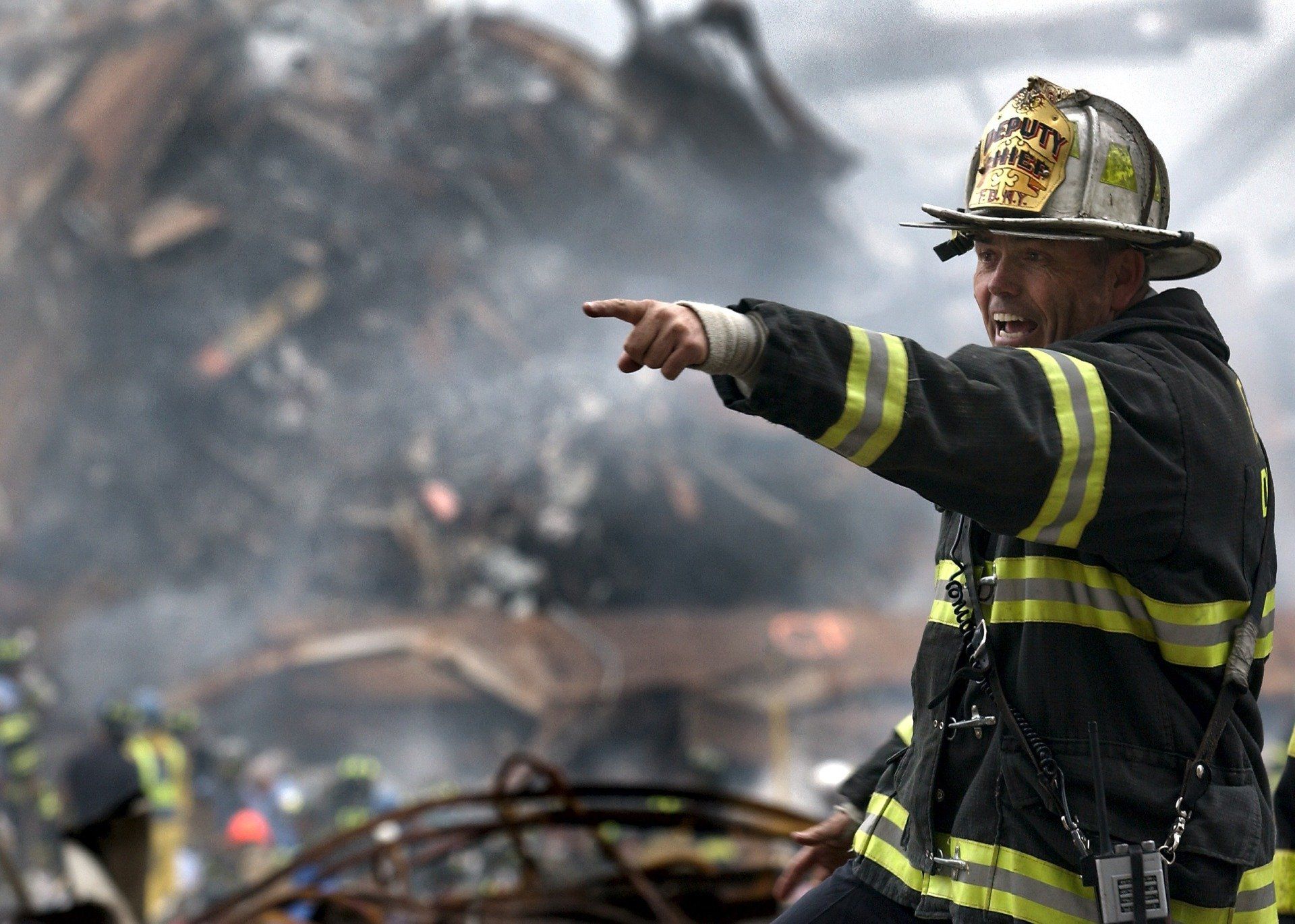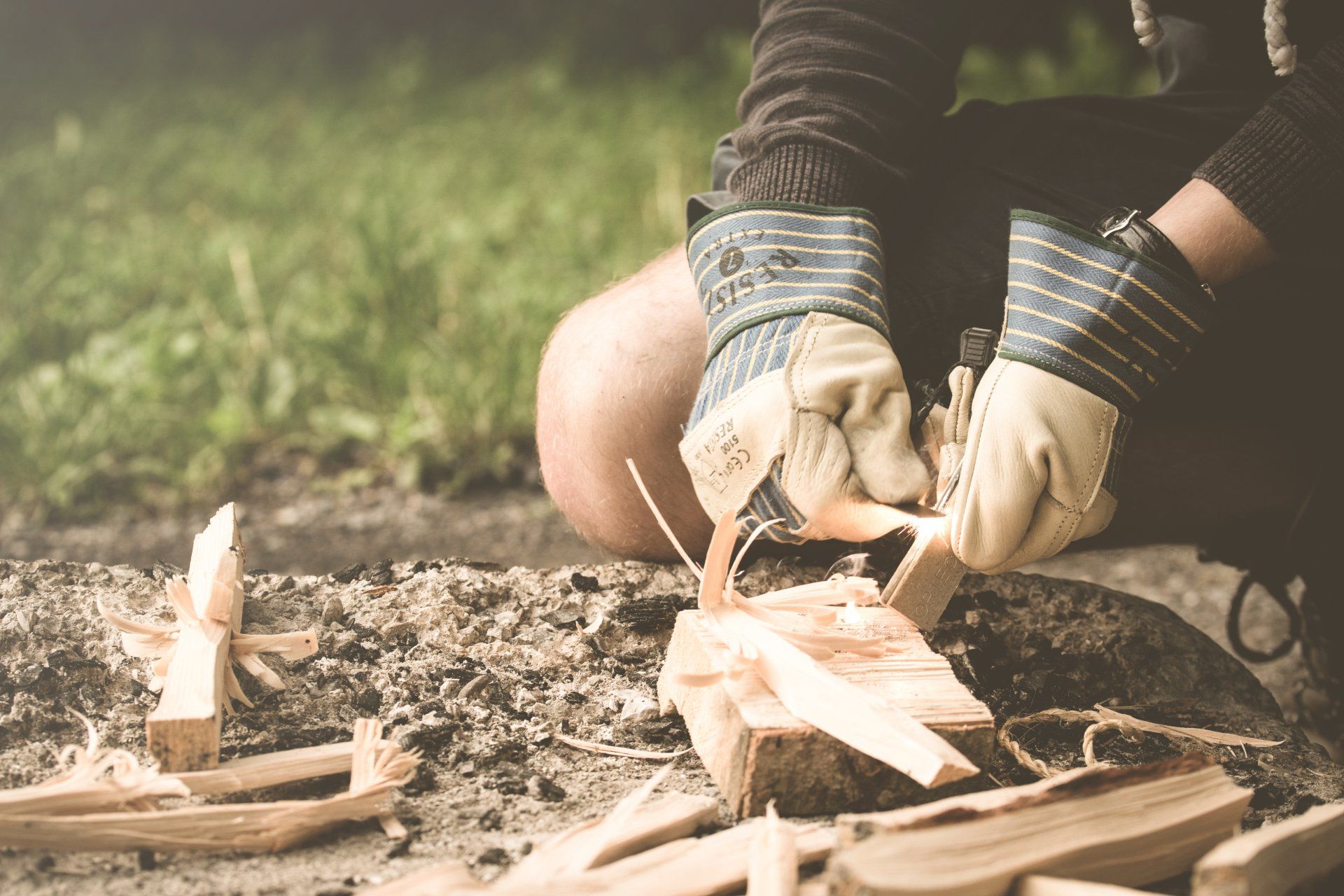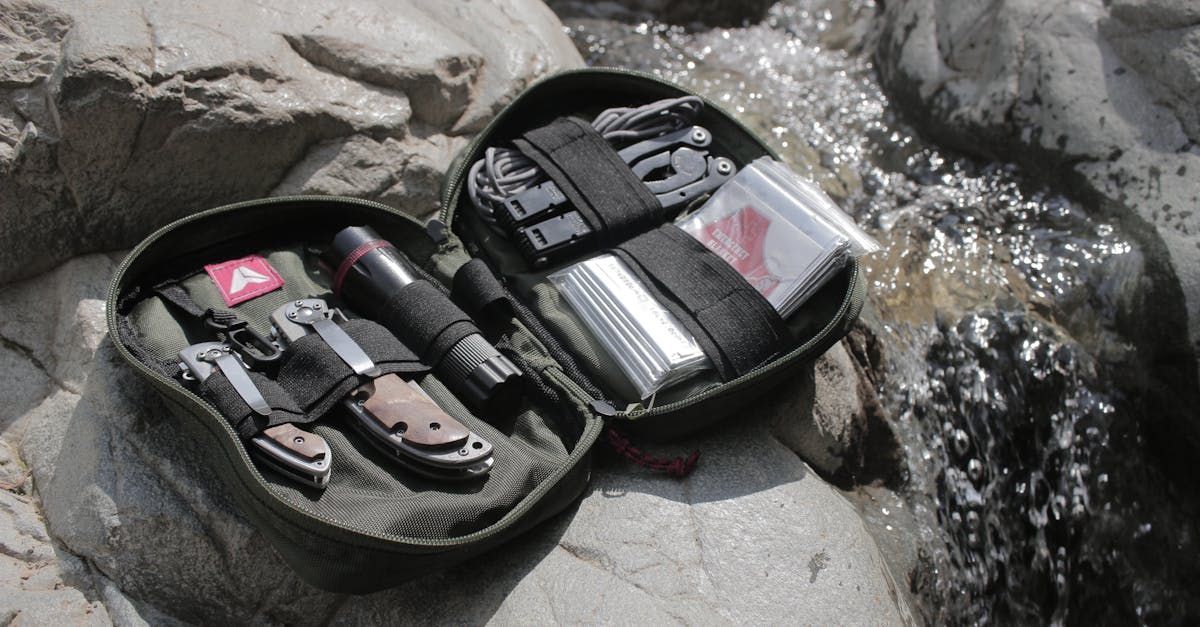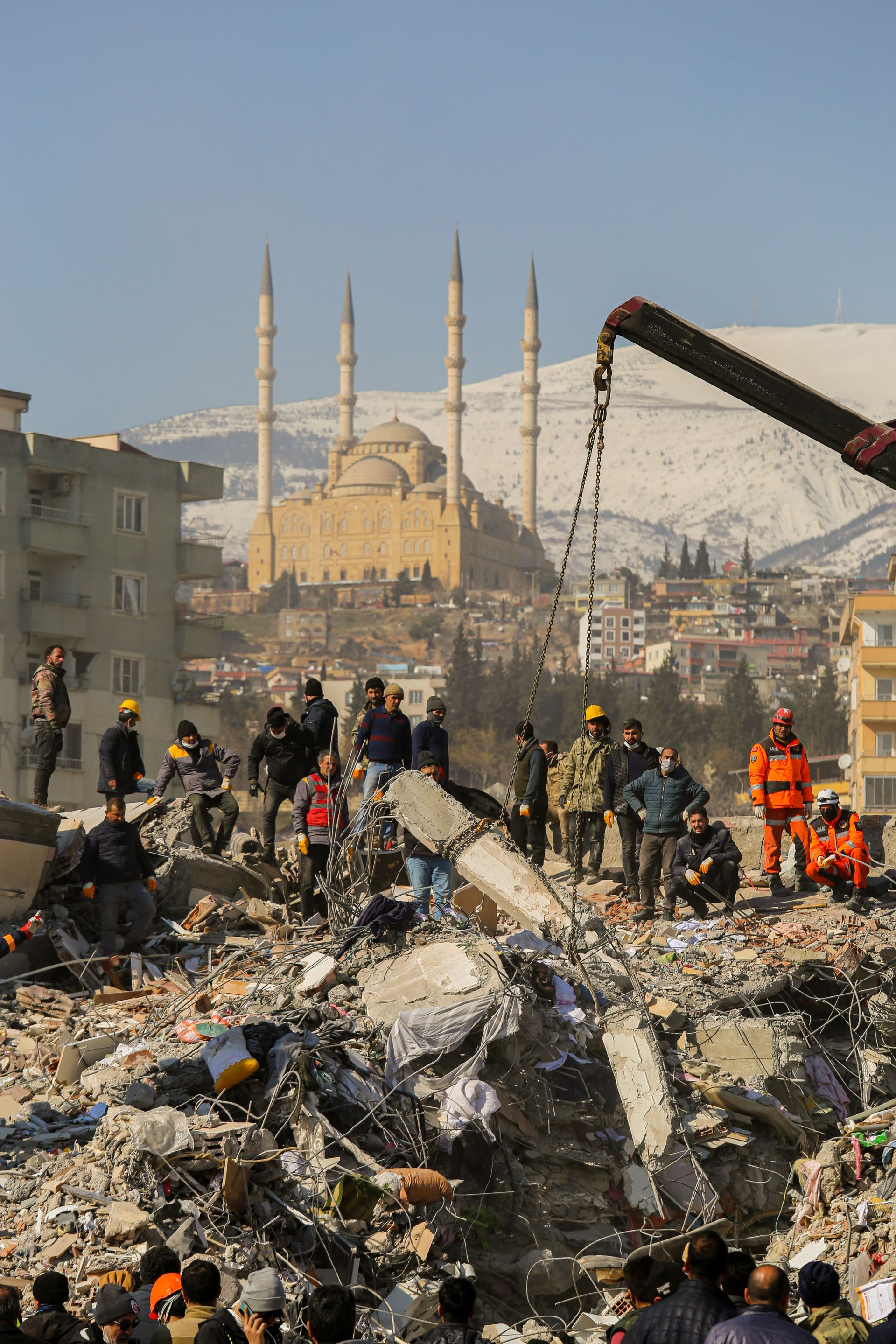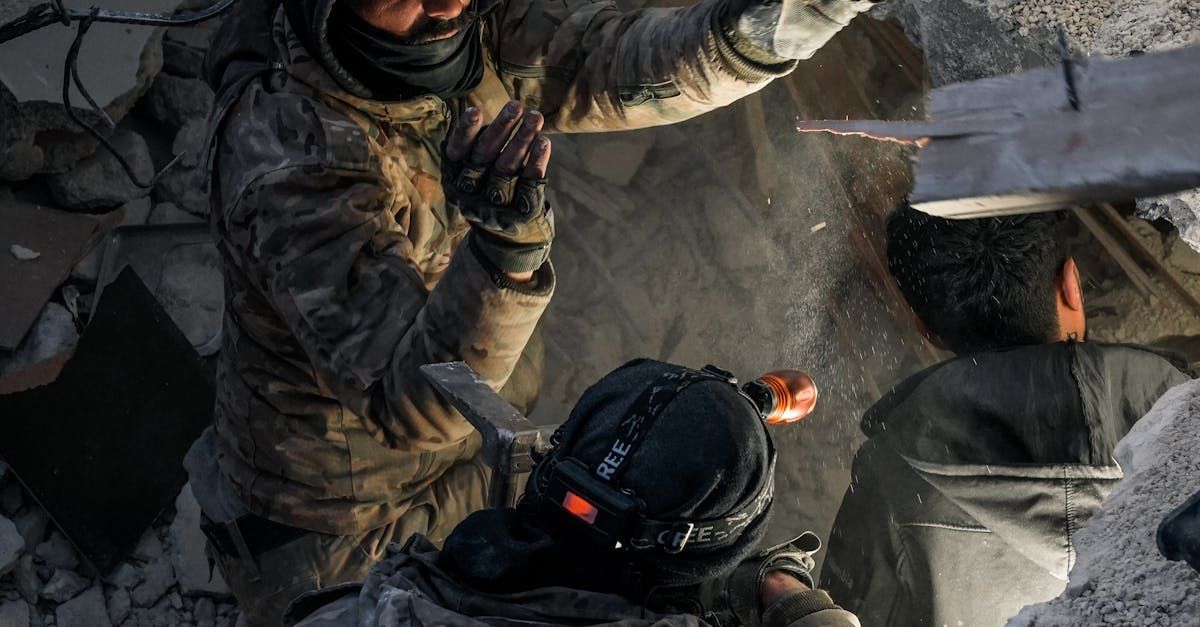In my opinion, the best way to start prepping is with the easiest things first. Other than beginning to stash away some non-perishable food and water ant home, the easiest thing to get started with is a GHB or Get-Home-Bag, assuming you have a car, of course. If you don't have a car and instead rely on public transportation to get around, you can integrate some of these items in a bag to carry around, otherwise, this can be stored in your vehicle.
As stated earlier, there may be a time when you're stranded away from home, and no alternate transportation will be available. The contents of your GHB should consist of things to get you home from the farthest-away place you frequent, within reason of course... if you often fly from LA to Dallas for business, you're not walking home if you get stuck there. However, if you work 30 miles from home and there's a natural disaster or some other reason standard transportation is absolutely not an option, you should be prepared to make that walk, and the contents of your GHB should reflect that.
That brings me to the most important prep of all. Fitness. Never forget that, it's more important than all other preparedness combined. Now, on to the GHB contents. This will of course need to be tailored to you specifically, however this is a great starting point and should get your wheels turning in the right direction. I don't recommend the pre-packaged survival bags, they always leave out important items.
Waterproof Backpack - Comfortable, keeps things dry, looks fairly inconspicuous, comes in many colors & affordable!
Shoes - Good walking shoes are a must-have. especially if you wear heels, sandals or dress shoes typically
Spare socks/Clothes - I'd recommend 2 pairs of socks, and you're not walking home in those slacks or pencil skirt
Coat - Maybe you'll benefit from a raincoat? Maybe a big parka? Your region will dictate the appropriate coat
Compact Umbrella - Whether it's pouring rain or blistering hot it may be a lifesaver
Cash - Very important! depending what's going on, ATMs or card machines may not work
Food & Water - Plan according to your worst case scenario. There's plenty of non perishable food options + some bottles of water and you're good
Compact First Aid Kit - keep it compact to save weight, but don't cheap out either, your life may depend on it
Pain Relief - a couple travel size pain relief options may be the difference between you walking to safety, hobbling or crawling
Survival Blanket - especially where it's extra wet or cold, these can be total lifesavers and they pack light
Insect Repellent - a travel size insect repellent is a must-have for warmer climates
USB Rechargeable Headlamp - headlamps are great for keeping your hands free to do other things
USB Rechargeable AM/FM Radio - Stay in the loop, find out what's going on if cell phones are down
Small USB power bank - Recharge your lights, phone, or whatever else
Rain Poncho - the cheaper ones weigh virtually nothing and pack down very small
Multi-Tool - it's like a Swiss army knife on steroids, must have
Fixed-Blade Survival Knife - you don't need to spend a ton of money, it's more important that its sharp
Defense Measures - I've linked to pepper spray here, however, you do whatever you're comfortable with
Compass & Local Map - In case you find yourself having to go way off the beaten path to get home
Pocket Notebook & Pen/Pencil - take notes, leave notes, distress signals
Two Way Radio - More about two-way radios and emergency communication can be found
here
Hopefully you get the gist of what we're going for here. The main purpose of the Get Home Bag is to do exactly that. Get you home. In all reality you're unlikely to try to walk yourself home if it's going to be more than a day or two on foot, however if you're fit, and that may be a reality for you, you're likely going to require a few more items in your GHB than what I've outlined here.
A Get Home Bag is similar to a Bug Out Bag (BOB), however the BOB is going to be a much bigger bag designed to sustain you for up to a week or so, compared to the more simplistic GHB. many people include a small tent in their Bug Out Bag, when in all reality a small tarp and a length of paracord is likely enough to make an adequate one-night shelter for a Get-Home-Journey. But again, it all depends on the weather! Everyone has different situations to consider and different elements to go up against.
We'll do a follow-up or two in the coming weeks on the topic of preparedness, as it relates to bugging out, bugging in, as well as a few other factors to consider. In the meantime, enjoy.

